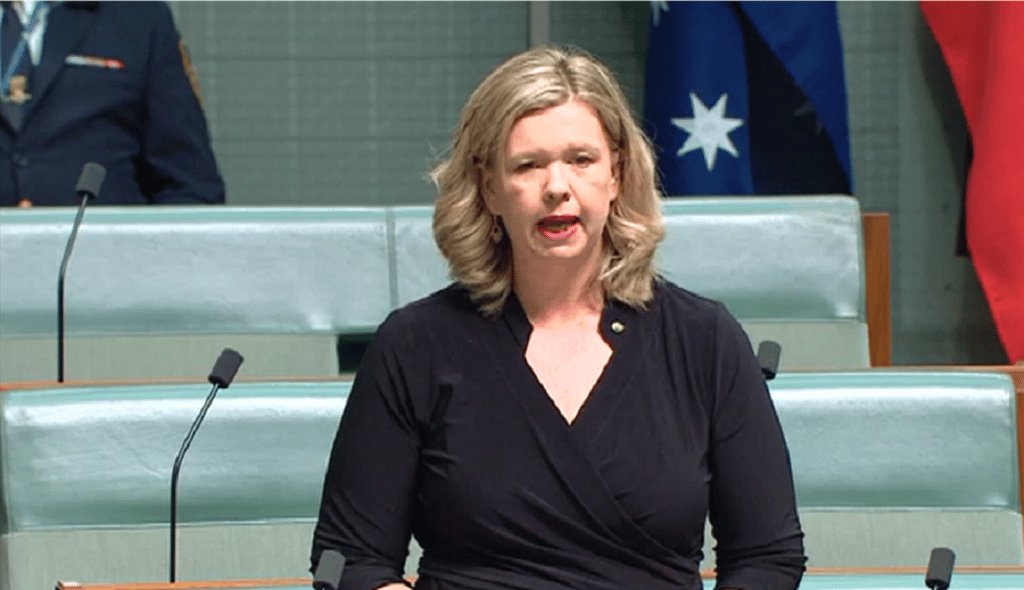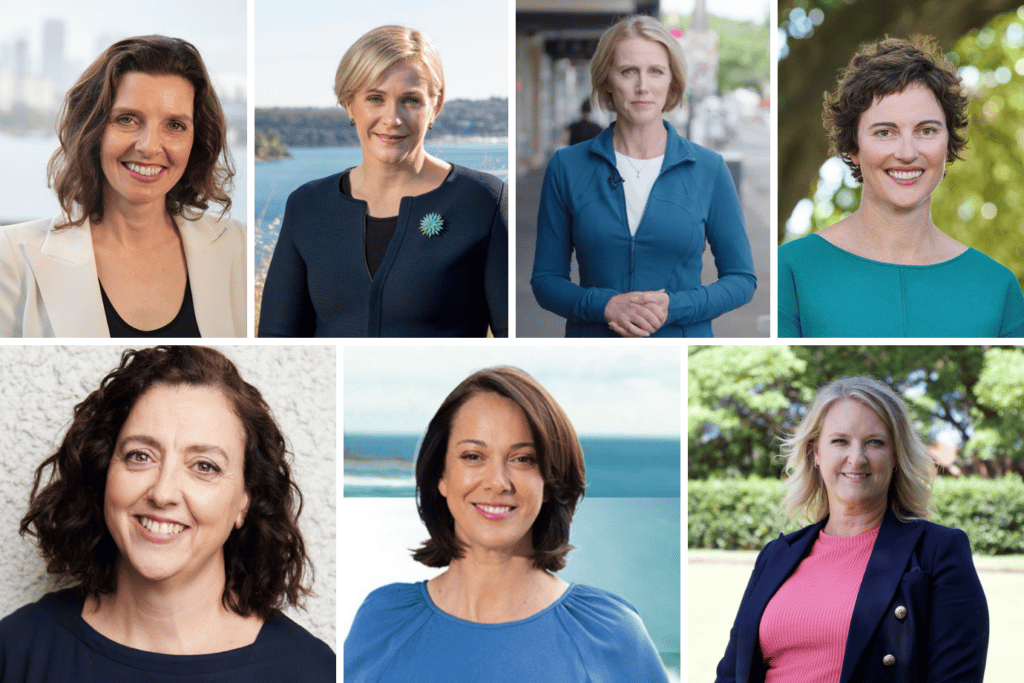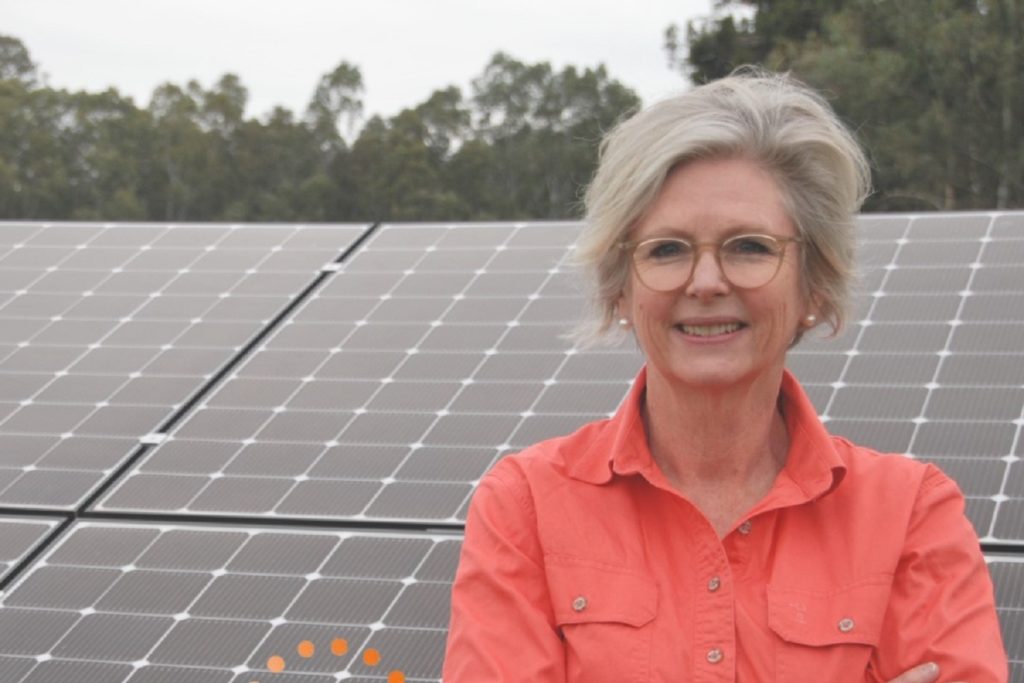Australia is fast becoming an excellent example of how women’s representation in parliament can aid in raising standards on integrity and accountability.
That’s not to say that all women hold and promote such values, far from it. Nor that Australia doesn’t have significant work to do on diversity (and diversity beyond gender) across all levels of politics.
But research internationally has found a link between higher levels of women’s political participation and lower levels of corruption.
And what we are seeing currently in Australia is how women breaking through independently, and often outside the party machine – or at least those that are able and willing to speak out despite the party machine they are part of – are helping to improve overall behaviour in parliament, demonstrate productive collaboration, and raise overall standards of integrity and accountability.
A big step forward for Australia on integrity is on its way, thanks to anti-corruption legislation that passed the House of Representatives on Wednesday, following amendments made and passed in the Senate on Tuesday. The legislation will see an Anti-Corruption Commission (NACC) established.
It was, as Independent MP for Indi Dr Helen Haines described it, “a very happy day for democracy”.

The legislation sees the Albanese government meeting one of its key election commitments, but it wouldn’t have happened – or possibly have even been on the agenda – without the work of women, particularly independents on the crossbench.
The legacy of that work runs through Cathy McGowan’s time as the member for Indi, when she pushed for an integrity commission as a critical pillar of her two terms. She was promised by multiple ministers including Malcolm Turnbull, Scott Morrison and Christian Porter, that it would happen – but they never delivered. The baton to continue this push was handed over to her successor, Dr Haines, who drafted legislation for an integrity commission during her last term in parliament, and was deputy chair of the committee for the legislation that was just passed.
On the new legislation, Dr Haines said she hopes the Commission, “forever places all of us on notice and resources trust to the Australian people in a way that they have been longing for.”
She also Tweeted that it’s a “huge win in the fight to improve standards and restore trust in politics.”
This latest tick on the legislation comes after years of relentless determination from a small number of parliamentarians, keeping the issue live and pushing it consistently through their campaigning and through their terms alongside a number of different governments.
Elsewhere this week, Liberal MP Bridget Archer’s role in being the only person from her party to cross the floor in support of a censure motion against prime minister Scott Morrison, shouldn’t go unnoticed.
Morrison declared the censure, which came following a report into the ministries he appointed himself to during his time as prime minister, as a form of “political intimidation”.
Archer rejected this. She gave a stirring speech on her decision, going against her own party’s wishes and sharing the message that with the power of being prime minister comes responsibility and accountability – which you can’t have without transparency.

While former home affairs minister Karen Andrews didn’t go as far as her Liberal colleague Archer in crossing the floor, she was the only Liberal MP to abstain from voting, and has previously called on Morrison to quit.
The remaining Coalition MPs rejected the Labor-led motion to censure Morrison, despite the findings by Virginia Bell that the former PM had engaged in actions that were “corrosive of trust in government.” Many stood to shake Morrison’s hand, with some appearing to comfort him following his speech.
Is there much to link between the independent women who’ve been campaigning for an integrity body for years, and the two women from the Coalition ranks who stood against outright rejecting a motion to censure a parliamentarian found by a former high court justice to have “undermined public confidence in government”?
Yes, a different type of politician makes for a different type of politics.

All of this on a day that the word ‘Teal’ officially became the Macquarie Dictionary’s word of the year, defined as: ”A political candidate who holds generally ideologically moderate views, but who supports strong action regarding environmental and climate action policies, and the prioritising of integrity in politics.” You don’t have to be female to be a political candidate associated with the word ‘teal’ but so far, those independents who were successfully elected in Australia all happen to be women.
You don’t have to be a woman to support measures that promote transparency and accountability in government. But Australia shows that having women in parliament certainly helps.


